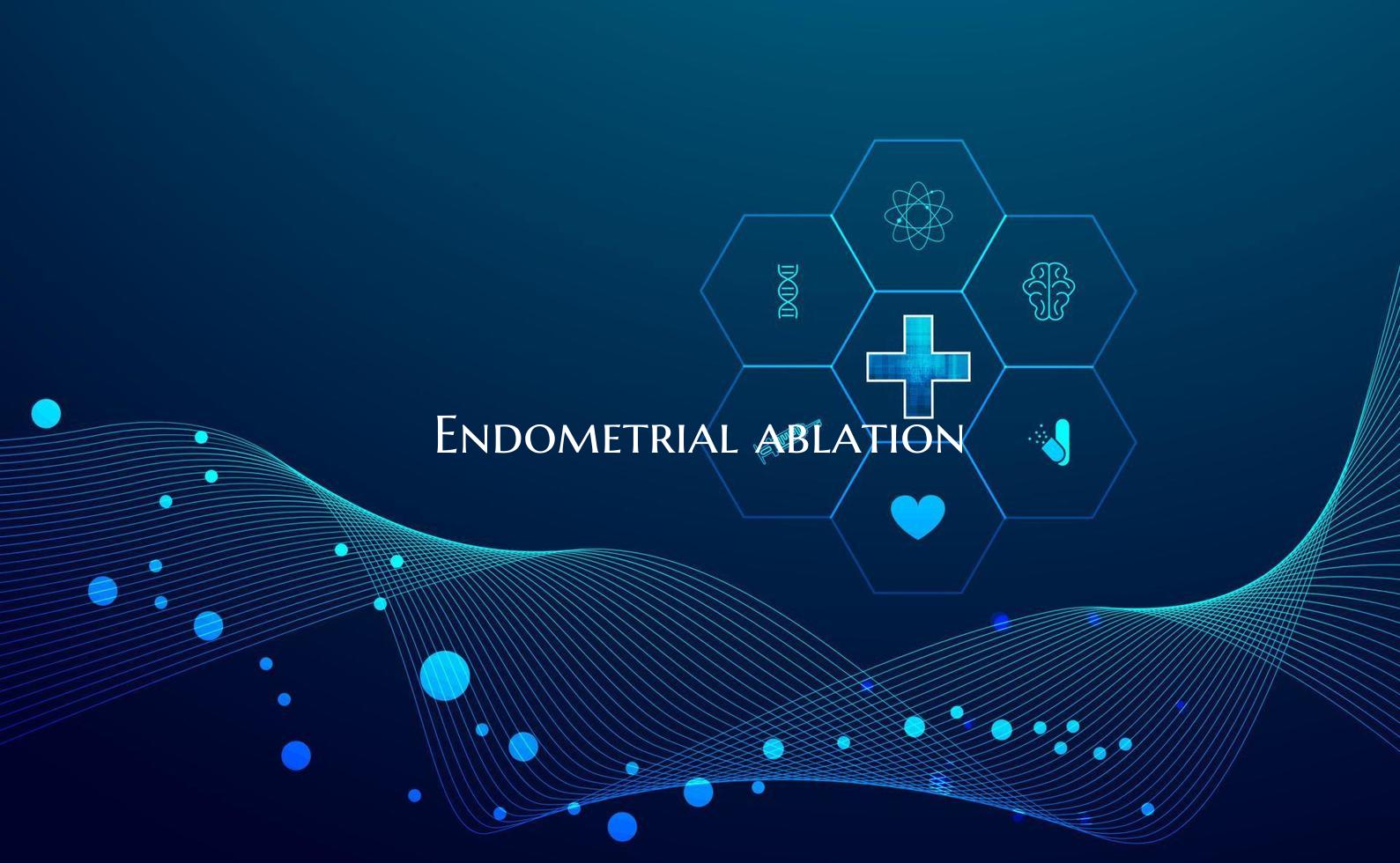
Endometrial ablation
Endometrial ablation is a common gynecological procedure used to treat heavy menstrual bleeding, also known as menorrhagia. This minimally invasive technique involves removing or destroying the lining of the uterus, known as the endometrium, to reduce or stop menstrual flow.
Women who experience excessively heavy periods that interfere with their daily activities or quality of life may opt for endometrial ablation as a long-term solution. Common reasons for heavy menstrual bleeding include hormonal imbalances, uterine fibroids, polyps, endometrial hyperplasia, or other underlying medical conditions.
During the procedure, a gynecologist will use various techniques to either remove the endometrial lining or destroy it through methods such as thermal energy, freezing, or radiofrequency ablation. The goal is to reduce or eliminate menstrual bleeding while preserving the uterus and its natural function.
Endometrial ablation is typically performed as an outpatient procedure and requires minimal recovery time. Most women can resume their normal activities within a few days and experience a significant reduction in menstrual bleeding or complete cessation of periods. While pregnancy is still possible after endometrial ablation, it is not recommended as it may pose risks to both the mother and the fetus.
As with any medical procedure, there are potential risks and side effects associated with endometrial ablation, including cramping, discharge, infection, or changes in menstrual patterns. It is essential to discuss the benefits and risks of the procedure with a healthcare provider to determine if endometrial ablation is the right option for managing heavy menstrual bleeding.
In conclusion, endometrial ablation is a safe and effective treatment for women suffering from heavy menstrual bleeding. By removing or destroying the uterine lining, this minimally invasive procedure can provide long-lasting relief and improve quality of life. If you are experiencing heavy periods, consult with a gynecologist to explore whether endometrial ablation may be a suitable solution for you.